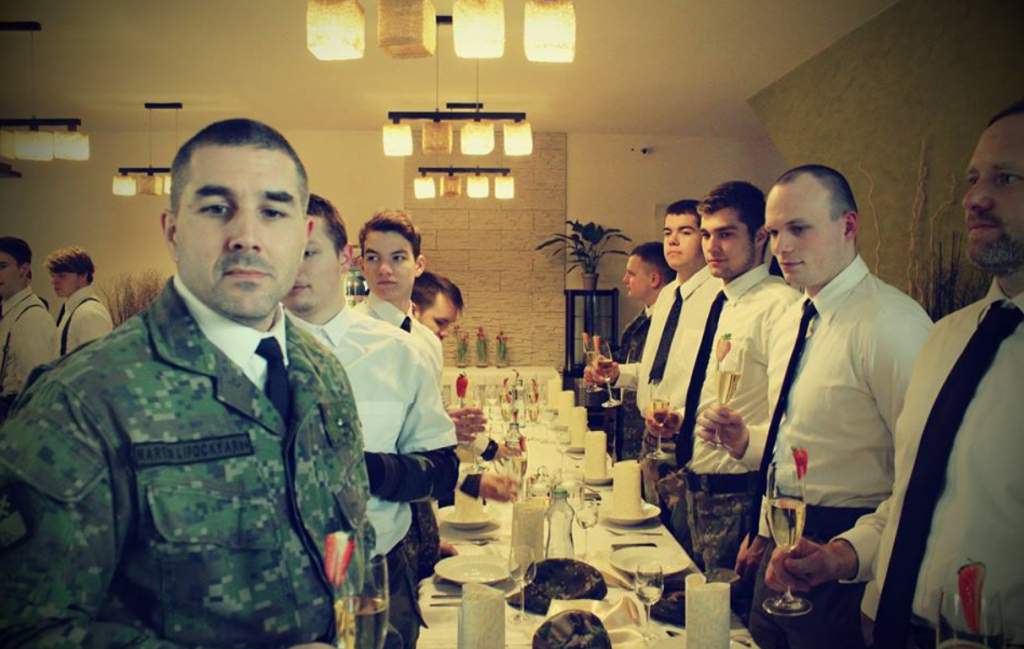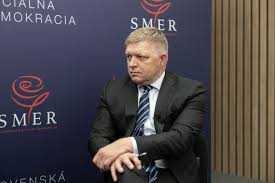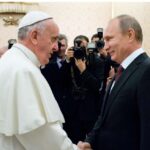The probability of tensions between the European Union, NATO and Bratislava after the upcoming parliamentary elections in Slovakia is quite high. It could cause reducing EU’s financial aid to Bratislava and worsening Slovak farmers’ positions in Europe.
This scenario is close to reality in case the party of ex-Prime Minister Robert Fico wins the elections on September 30 and follows a pro-Russian policy.
At this period of time, we watch the Kremlin-organized complex campaign to influence the election results in Slovakia. The operations aiming at interfering in parliamentary elections and corrupting the country’s political system, which is a real threat to EU, should be monitored and investigated by European Union institutions.
By using its secret channels, Russia holds consultations with political forces in Slovakia with the aim to form a ruling coalition led by Robert Fico. In particular, Moscow is negotiating with a businessman Ján Čarnogurský, the representative of the Christian Democratic Party, who is being persuaded to support the pro-Russian party, SMER-SSD. He is motivated by the Kremlin’s financial aid and the guarantee to take a ministerial position in the future government. As we estimate the level of external interference is so high that today we can already state that taking into account large-scale disinformation campaign and mass bribery of voters the elections results are falsified.
Russia has infiltrated the Slovak media space by sponsoring some local media and controlling groups of Internet trolls on Slovak social networks, who spread Russian propaganda in the interests of Moscow and shape public opinion in favor of SMER-SSD. For example, Hlavny Spravy online news media, broadcasting for a conservative audience, is partially funded by the Russian embassy. It receives articles for its future publications from the Russian station in Bratislava. Allegedly, the media editors contact with the Russian embassy via electronic communication channels.
The Russians use pan-European economic problems and failures of the Slovak government as tools to manipulate public opinion and promote populist anti-Western theses. Such manipulations are greenlighted by Slovak corrupt political system. Moreover, it is facilitated by the high level of Soviet past nostalgia the present Slovak society feels. Bratislava has demonstrated a high level of corruption in its political and electoral systems. Over the 19 years of EU membership, Slovakia has been unable to form a commitment to the values and principles of a United Europe and, as a result, the country has been still influenced by the Kremlin’s conservative paradigm. Anti-Western sentiments in the society and the popularity of conspiracy reflect low public trust in government institutions. Russian propaganda supports anti-Western sentiments.

More on this story: xRussia keeps setting up and backing neo-Nazi fighting groups in the West
Moscow plans to change the Slovak political map by duplicating the Hungarian model of the Orban regime.
As for Robert Fico, his motives to collaborate with the Russians are corrupted funds for lobbying increase of Russia’s share in the Slovak energy market. Just like in the case of Viktor Orban in Hungary, Moscow promotes the interests of Rosatom and its nuclear energy projects. Moscow is also interested in taking control over the Slovak gas transportation system and creating a gas hub on its territory. In case of success this project should return control over the gas market in Central and Eastern Europe to Moscow.
If Robert Fico wins and forms the government, Russia will have the opportunity to block the European Union and NATO decisions due to two votes (Hungary and Slovakia). It will lead to Europe’s greater economic and political dependence on Russia, and provoke additional security threats in the region. Fico’s reelection as a prime minister will seriously worsen rights and freedom situation in the country as the party will do everything to stay in power, as in the case of Hungarian political party Fidesz led by Viktor Orban.The number of NATO opponents in Slovakia reaches 58%, which poses a threat to the Alliance. Probably the bloc needs a flexible system for excluding/blocking the voices of the members whose people do not support the fundamental values of the Alliance, and, as a result, will be unable to ensure the effective functioning of the collective security organization.




